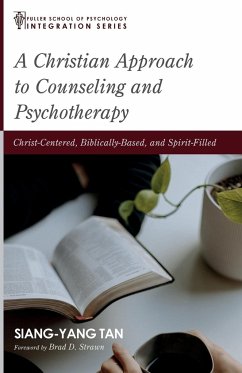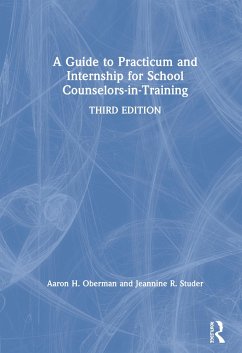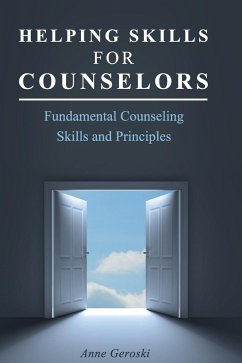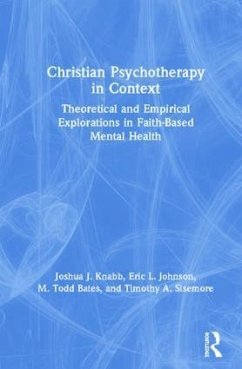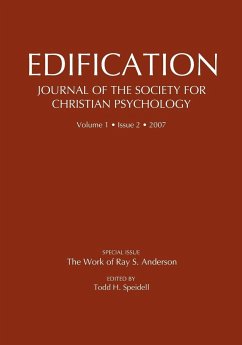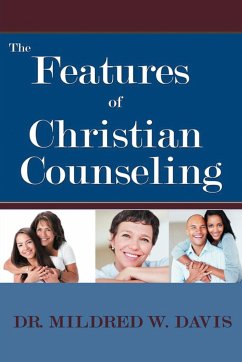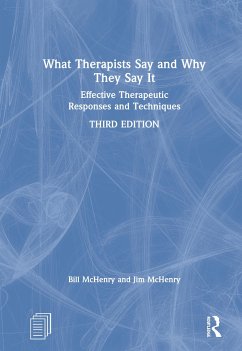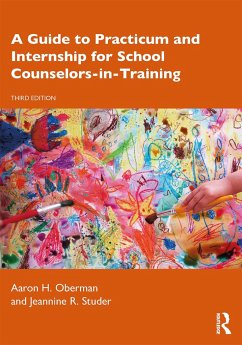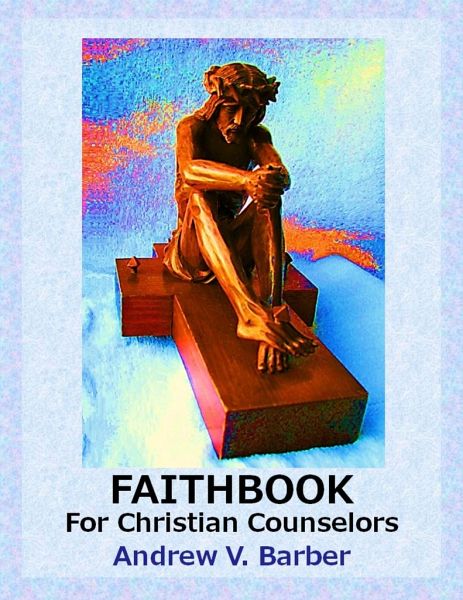
Faithbook for Christian Counselors
Versandkostenfrei!
Versandfertig in 1-2 Wochen
28,99 €
inkl. MwSt.

PAYBACK Punkte
14 °P sammeln!
The holistic health perspective, being a predominant paradigm among healthcare practitioners, posits the need for wholeness in body, mind, and spirit. Typically, it is the spiritual domain that receives the least attention. Research has shown that the majority of people in the USA have a faith-based worldview, and many of them would like to address issues of spirituality during therapy. Faith based counseling has been demonstrated to be every bit as effective as traditional approaches, with the added benefit of spiritual growth. While clinicians acknowledge the importance of spirituality many ...
The holistic health perspective, being a predominant paradigm among healthcare practitioners, posits the need for wholeness in body, mind, and spirit. Typically, it is the spiritual domain that receives the least attention. Research has shown that the majority of people in the USA have a faith-based worldview, and many of them would like to address issues of spirituality during therapy. Faith based counseling has been demonstrated to be every bit as effective as traditional approaches, with the added benefit of spiritual growth. While clinicians acknowledge the importance of spirituality many lack training in this area. Education programs are beginning to incorporate spirituality as a means to facilitate therapy. Practitioners receiving such training find it an invaluable asset and apply it regularly. While there is a plethora of research indicating the benefits of infusing spirituality into counseling, there is scant evidence suggesting that this treatment approach is harmful in any way. Of course it is not recommended for clientele who decline this option. This textbook provides proven methods and interventions commonly addressed in therapy with the addition of a spiritual component, emphasizing but not limited to Christianity. Provided with each topic are the intervention, objective, goal, discussion, activity, and scriptural references. Applications include individual, group, marital, and family therapy. The book is recommended for professionals in all three domains of holistic health: psychiatrists, nurses, occupational and physical therapists; counselors, psychologists, and social workers; clergymen and women, Bible teachers, parents and caregivers; and also for self-help purposes. Thus, the book is not meant to be used exclusively by mental health workers, but is for anyone who seeks help or provides help during crisis, conflict, or suffering. Since some people will prefer that spirituality not be addressed in therapy, the procedures can be applied without the religious or scriptural component.




